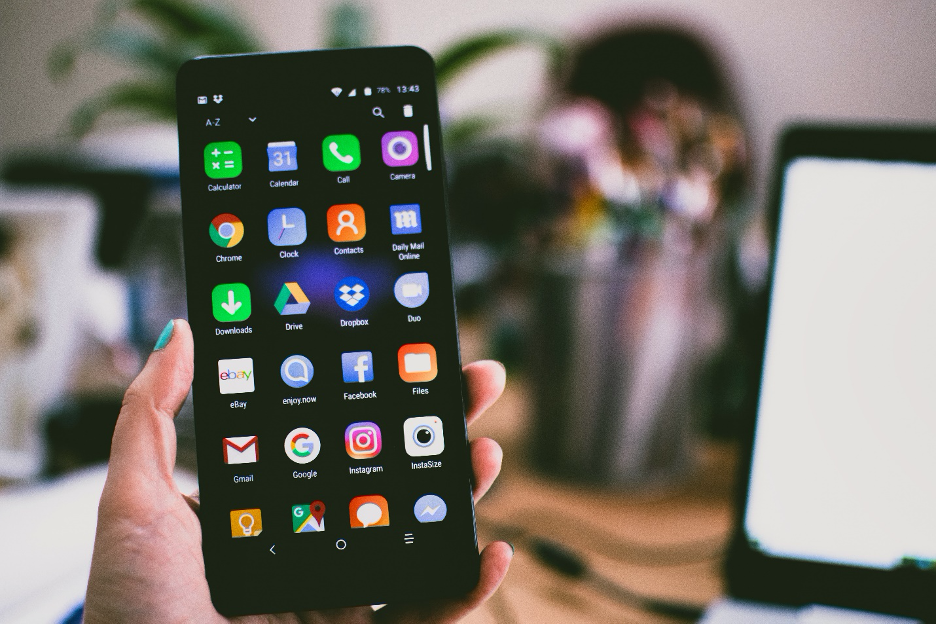The Role Smartphones Have in Parent-Child Collaboration

When the Covid-19 pandemic hit in early March, I was in the middle of my graduate school research, hoping to reveal the role that smartphones play in collaboration between family members. I was lucky enough to have finished interviewing the parents of 10-17-year-old just before social distancing and stay-home orders became a new normal. The reason why I chose to spotlight smartphones in my research is that it is the most frequently, and privately used, device at home. In addition to this, by focusing on parents instead of children, I was aiming to hear an adult’s perspective on device literacy and discern the difference between children and adults in terms of smartphone ownership. Referring to the Pew Research Center data of 2019, the percentage of smartphone ownership among millennials reached 93%, while 90% of GenX-ers confirmed they own a smartphone.

Viewing the increased penetration of smartphones among different generations led my main research question: What is the role of the smartphone in parent-child collaboration?
The concept of collaboration I am referring derives from Michael J. Baker’s analysis of collaborative learning. He draws clear lines between collaboration and co-operation by saying collaboration is an “interaction between persons having equal statuses and rights in the interaction, who do not necessarily equal in other respects” (Baker, 2015, p. 454). The emphasis here comes with the sense of shared space where collaborators strive to solve the shared problem.
After hearing the stories from my parenting interviews, I concluded four main principles that can be used as recommendations for parents of teenagers aged 10 to 17 who are seeking an improved level of technical collaboration in their family:
- Trust. While assessing if your child can handle the responsibility of their own smartphone, evaluate the level of trust that you share with them. If this component is missing, parents tend to operate more from a surveillance point of view rather than a gatekeeping perspective when it comes to their child having a phone, and they install strict parental controls and other ways to monitor usage. So, build, cultivate, and maintain trust with your children, so they can better share with you what they are experiencing.
- Collaboration. Invite your children to a shared online space where the two of you can use your smartphones together. Interactive games, creative apps, and entertaining platforms are a good venue for this type of collaboration. By playing and creating together, you each learn from the other as you share the positive parts of being online. Your child will have a lot to teach you about their favorite game or platform, so welcome them as your teacher. Switching from a fully restrictive to participatory mode creates the space for mutual problem-solving.
- Friendship. Once your child is old enough for social media, create a safety net for them by being their friend or follower, especially if they are new to social platforms. While it may be difficult, balance your parental role with being a true friend online. Be respectful of their online space and do not abuse social media friendship in favor of parental care.
- Collective Reflection. Exercise collective reflection on smartphone usage habits by regularly checking in with each other and adapting family rules as needed.
The key finding that my research revealed is that there is no need to re-invent the wheel in the age of technology. The digital divide does exist, and it needs a collective approach from the private sector, government, and social institutions. But there is a chance of individual change by breaking the hierarchical ladder between old and young folks that dominates the learning space and trust. Build trust, not fear, over smartphones.
To view Salome Apkhazishvili’s full report, The Role of the Smartphone in Parent-Child Collaboration and Its Impact on Building Media Literacy Skills, visit it here.

 Salome Apkhazishvili
Salome Apkhazishvili